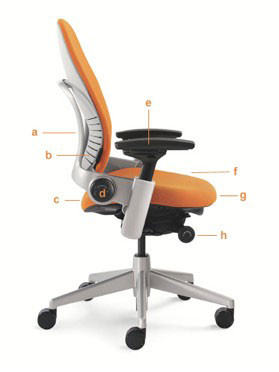
We don’t live in the age of the automobile, or even the age of the computer. But his selection suggests a third way-which may, in fact, capture the times. The choice of Hackett to lead Ford confounded both those analysts who expected a dyed-in-the-wool carmaker and those who expected a high-tech hand to manage the company as cars morph into rolling computers. Hackett and I rotated so that we were facing two more Ford employees in the back seat. “We may have to leave that there,” he said, pointing to a notional steering wheel emitting a blue glow, “just so that you’re comfortable.” But the driver’s seat can swivel around-like an office chair, he noted. But the leap to automobiles seemed less far-fetched once Hackett and I were sitting side by side in the foam-and-aluminum cockpit of a self-driving-car prototype in one of Ford’s Dearborn design studios. In effect, he transformed an office-supply company into a leader of the revolution in the way we work.įurniture, of course, tends to stay put. Hiring anthropologists and sociologists and working closely with tech experts, he made Steelcase a pioneer in the team-oriented, open workspaces so common today. He forced Steelcase to think less about cubicles-its bread-and-butter product when he arrived-and more about the people inside them. Jim Hackett, 63, is a product of Michigan’s other corporate cluster-the three office-furniture companies around Grand Rapids, including Steelcase, which Hackett ran for two decades.Īt Steelcase, Hackett became a devotee of an approach to product development known as design thinking, which rigorously focuses on how the user experiences a product.

So it came as a surprise last spring when Ford Motor Company selected a chief executive who hadn’t been reared in Detroit and didn’t easily fit established CEO molds. Then a crop of technologists, such as Andy Grove and Bill Gates, arrived. The creation of mass markets called forth salesmen such as Thomas Watson Sr., whose faithful troops sang “Ever onward IBM!” After the conglomerate craze of the 1960s and ’70s, almost a third of CEOs hailed from finance and accounting backgrounds. The early days of mass production belonged to mechanically minded men such as Henry Ford.

If, as Ralph Waldo Emerson said, “an institution is the lengthened shadow of one man,” the story of the American economy can be told by the types of people who run its corporations.


 0 kommentar(er)
0 kommentar(er)
